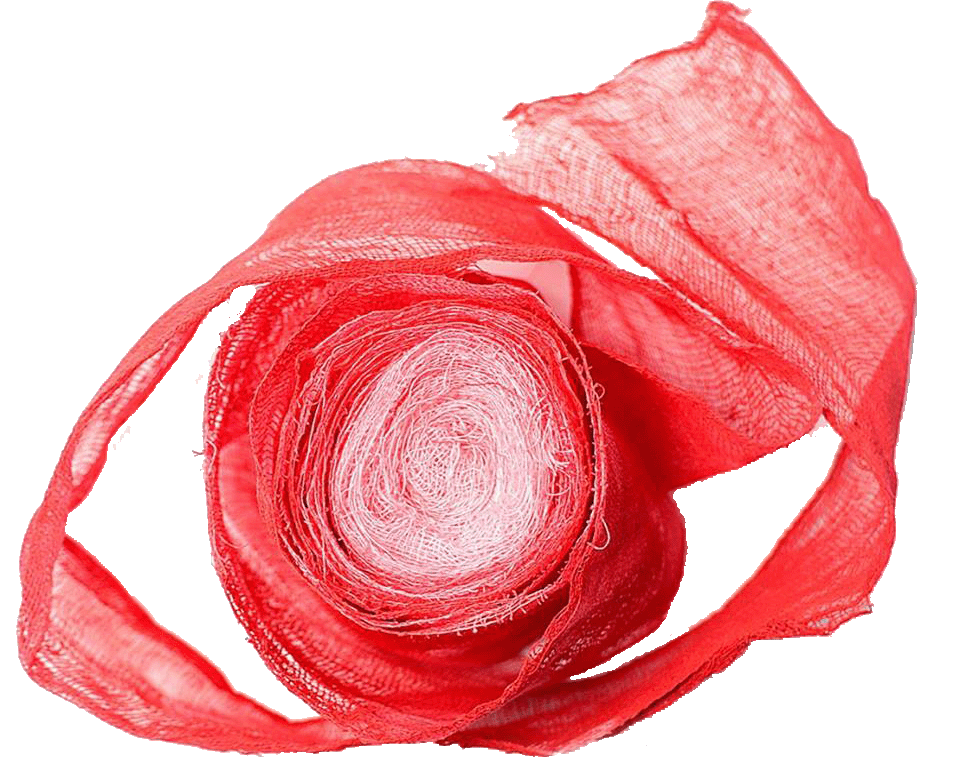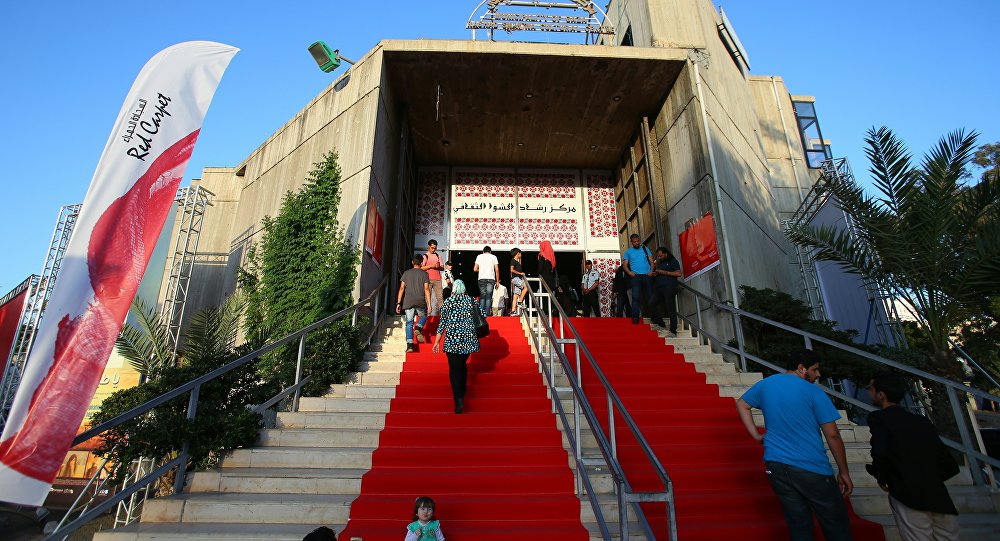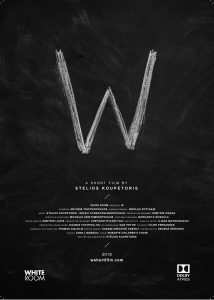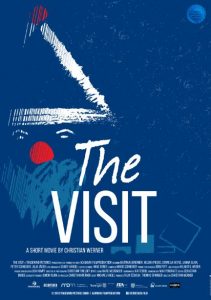GAZA CITY, GAZA STRIP • On the big screen, a Palestinian was trying to audition for a singing contest over the Internet, because he was unable to leave the Gaza Strip. But the shoddy connection kept freezing and the plucky hero eventually disappeared into a hazy cloud of belching smoke, as the generator he was using broke down.
Life imitates art in Gaza as anywhere else. The volume on the film veered madly between screeching and whispers. The hall was stifling for lack of air-conditioning in a place where power is restricted and never reliable.
The movie, The Idol – based on the real-life Arab Idol winner, Mohammed Assaf – showed a Hamas gunman refusing to let the singer travel because his music is “un-Islamic”. And the organisers of the film festival where it was being screened had not invited Assaf to attend for fear Hamas, the militant Islamist party that rules Gaza, would not allow it.
Hamas officials had insisted on censoring the festival’s offerings, editing out profanity, kissing and women in short skirts. And, on opening night, they ordered that the lights in the hall be left on to prevent any hanky-panky in the seats.
“You work in the margins and this is what is possible for you,” sighed Mr Khalil Mozayen, director of the event, Gaza’s Red Carpet Human Rights Film Festival, whose motto is “We Want to Breathe”.
The five-day festival, which started last Thursday, coincides with Cannes, but there was little resemblance beyond the red carpet laid over the steps of Gaza’s Rashad Shawa Cultural Centre.
This is Gaza’s second film festival and like many second acts, it was tough to pull off.
Last year, Mr Mozayen staged an emotional debut festival in the Shejaiya neighbourhood of Gaza City that was smashed during the devastating 2014 summer war between Israel and Gaza militants. He unfurled the red carpet between the ruins and ordinary Palestinians walked upon it, attracting a frenzy of international news media attention.
That event was championed by Hamas, despite the group’s general suspicion of Western-style cultural events, because it drew attention to the plight of post-war Gaza.
This year, Mr Mozayen ventured into more delicate territory: a cry for neighbouring Israel and Egypt to allow Palestinians to move more freely across the strip’s tightly controlled borders, and for Hamas to loosen its restrictions on personal freedoms, including watching movies.
He immediately encountered obstacles on the path (or red carpet, if you will). The 30 films being shown include features, shorts and documentaries made by Palestinians and people from the Middle East, Europe and the United States.
He constantly avoided movies with racy themes, including Degrade by Gaza’s best-known film-makers, two brothers who go by the name of Arab and Tarzan and who live abroad. (The film, about a woman’s hair salon in Gaza, was widely panned when it premiered at Cannes last year.)
He even pre-emptively cut kissing scenes out of his own movie, Sara – a rare feature film made in Gaza, about a film crew trying to make a movie about the killing of a woman.
Other offerings included Theeb, a 2014 Academy Award-nominated movie from Jordan, and 3000 Nights, a 2015 feature by Mai Masri, a Palestinian-American director.
Mr Atef Askoul, the Culture Ministry official who approved the films after some adjustments, said Gazans “love watching American films”, but “we are an Islamic society”.
“My wife and my daughter and my sister will watch these films,” he explained, “and we cannot allow to show shots that are bad.”
Ms Sabah Hamad, 30, left a screening with her friends at 9.30pm, when the film had barely begun because of an hour-long delay. “We cannot stay out late because we are girls,” she said with a shrug, referring to Gaza’s conservatism.
“The last time I went to the cinema in Gaza was in 1976,” said one of the guests, Mr Ahmad Gherbawi, 60, a professor at a university in Saudi Arabia. He said he has been stuck in Gaza for two years because of border closings by Egypt.
“We were in love with Bruce Lee,” he said. Decades ago, he said, “Gaza was beautiful and free”. “Now it is dark,” he added, filled with “new restrictions”.




